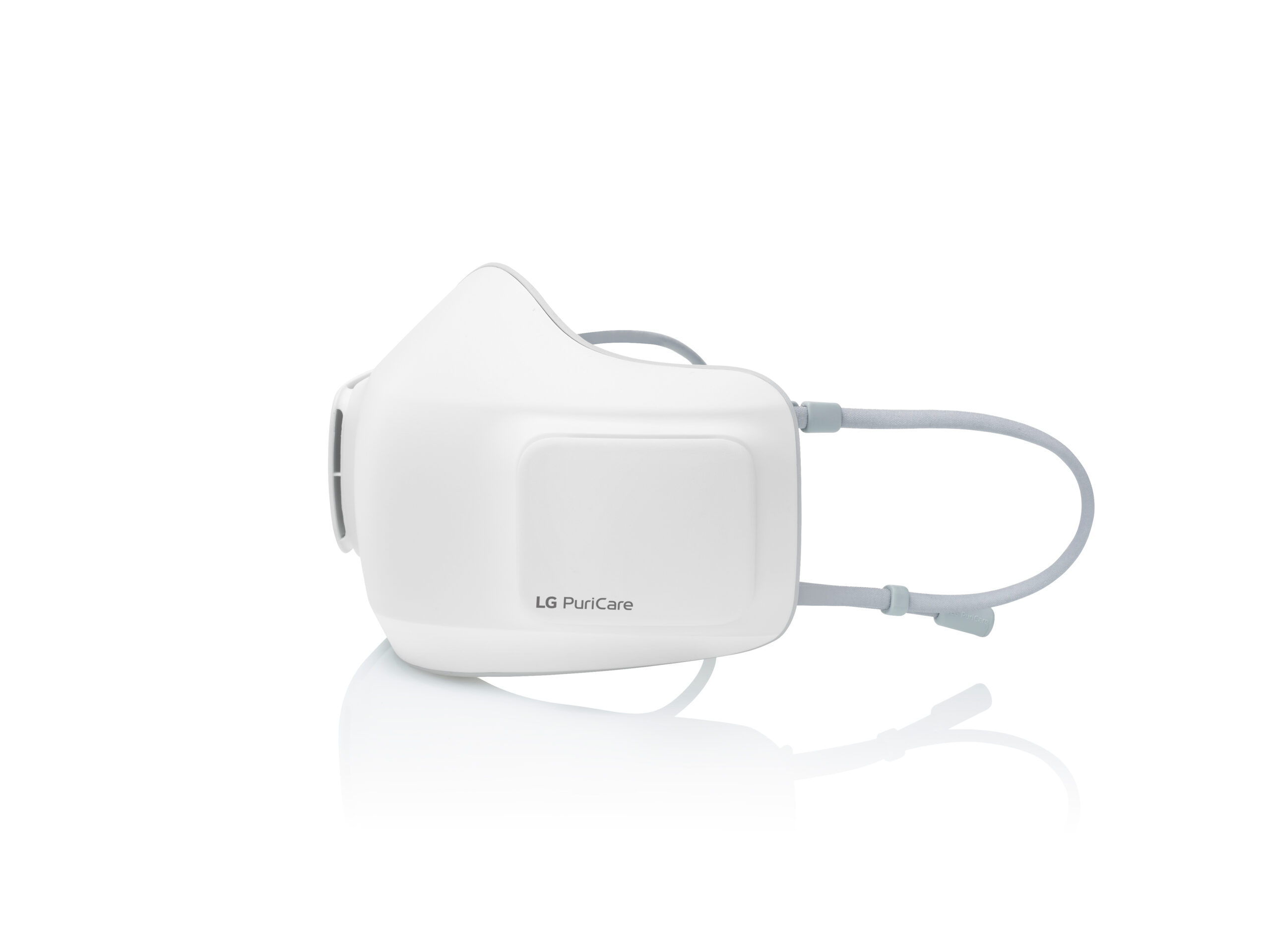Looks like another chapter is opening up for Wirecard, the disgraced fintech out of Germany that collapsed into insolvency earlier this year after facing a huge accounting scandal and subsequently failing to make payments on $1.5 billion in loans coming due.
Railsbank, the UK startup backed by Visa and others that offers a range of financial and banking services by way of a set of APIs, has agreed to purchase Wirecard Card Solutions, the UK business that includes card technology and associated assets, including existing client business and some employees.
Terms of the deal are not being disclosed, but a spokesperson for Wirecard said that the deal is expected to be completed in November and represents a significant part of the bigger Wirecard business.
That business, which was publicly traded in Germany, was valued at as much as $19 billion after funding rounds led by the likes of Softbank, and the story of its downfall had been marked out in lots of detail both as it played out and in the months since.
Wirecard Card Solutions is a huge operation in and of itself, with strong links into the wider fintech landscape in Europe. Its services include customised card products as well as debit, prepaid and credit cards, and it’s one of the largest prepaid issuers in Europe that also provides services to Monzo, FairFX, Revolut, Transferwise, Uaccount, Soldo, and Pockit.
Interestingly, Railsbank on paper seems to be a much smaller business. Co-founded by Nigel Verdon and Clive Mitchell, it has raised around $17 million and carries and equally modest valuation, per PitchBook data. (This could imply that the business is being picked up possibly more for shares than cash?)
Of note, Wirecard Acquiring & Issuing GmbH and part of the Wirecard AG group, the parent company in Germany, will continue to hold some shares in Wirecard Card Solutions, the company said.
“In planning the future of the company, one of our key priorities continues to be that our valued customers get the best possible outcome. We believe that our solvent wind-down proposal, including the proposed sale of assets to Railsbank, will achieve that key priority,” said Tom Jennings, MD, Wirecard Card Solutions, in a statement.
“Our hope is that our programme managers will support our proposal and we can move forward in a positive way for all parties. I would like to thank our customers for their ongoing support as well as Mastercard and Visa for their help in making this transition as seamless as possible.”
“We are delighted to have come to this agreement with Wirecard Card Solutions and thank its team for working positively with us during the process,” said Verdon, Railsbank CEO, in a statement. “At the end of the day, customer and team needs are our priority. The Railsbank team will conscientiously work on ensuring customers, programme managers and team members have a seamless transfer to their new home.”
Railsbank’s initial interest in acquiring the distressed assets was first reported last week. In the interim, the startup had emerged as a key benefactor of Wirecard’s downfall: Wirex, a “crypto-friendly” currency account that offers users payment cards that let them pay in local currencies without fees, earlier this week confirmed that it would be switching from Wirecard to Railsbank for card issuing services.
Railsbank said that it already runs some 50 card programs in the UK, EU, US and Singapore and so has the infrastructure in place to take on Wirecard’s business.
No surprise that Railsbank is highlighting this: the migration timing is a critical part of the deal. The development caps off months of speculation around what would happen to Wirecard, which — in addition to its fintech customers and partners — had enterprise customers that included Olympus, Getty Images, Orange and KLM before it hit the rocks.
But given that there are a number of other strong competitors in the same area of enabling business payments, card issuing and related banking and financial services — they include Adyen, FirstData, WorldPay, Stripe, Railscard and more — the big issue was always going to be how quickly the troubled Wirecard business could be acquired and migrated to a potential buyer, before those customers fled.

 “With our app, we want to help people with diabetes correct their lifestyle and eating habits, and improve their time-in-range,” Ushakov tells me. “Undermyfork is a very simple tool now: it combines meal photos and insulin data with glucose data, and allows the users to clearly see which meals are driving them out of the safe blood glucose range.
“With our app, we want to help people with diabetes correct their lifestyle and eating habits, and improve their time-in-range,” Ushakov tells me. “Undermyfork is a very simple tool now: it combines meal photos and insulin data with glucose data, and allows the users to clearly see which meals are driving them out of the safe blood glucose range.

